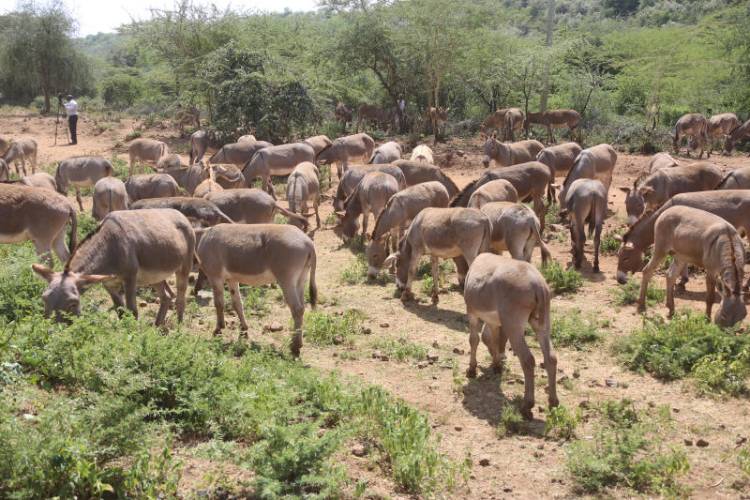×
The Standard e-Paper
Smart Minds Choose Us

You may have heard of the Swahili saying Mtunze punda akutunze. This may be loosely translated as ‘look after your donkey well and it will serve you to your satisfaction.